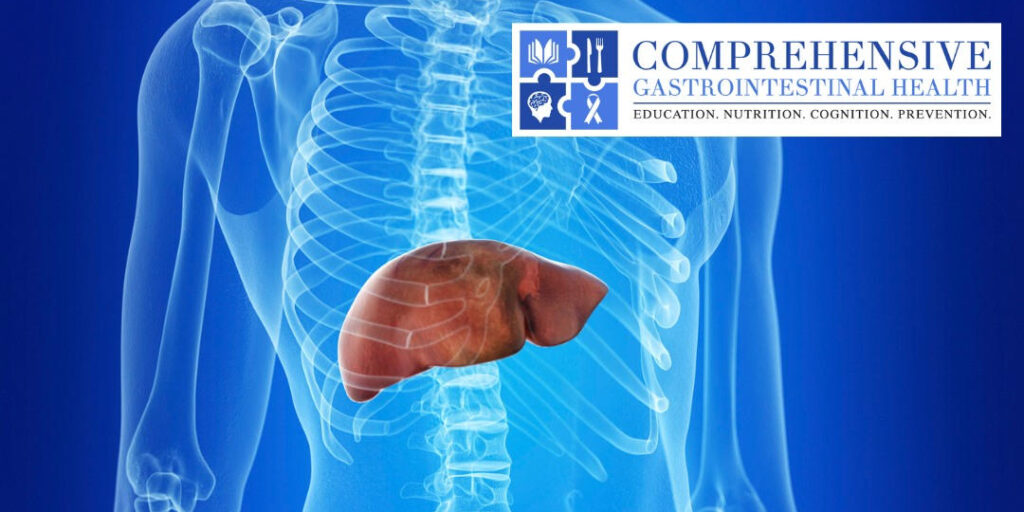Nonalcoholic Fatty Liver Disease: A Major Risk Factor for Cardiovascular Disease
Nonalcoholic Fatty Liver Disease: A Major Risk Factor for Cardiovascular Disease
by Danielle Genenz, MS, RDN, LDN, CPT
The American Heart Association recently released a scientific statement siting nonalcoholic fatty liver disease (NAFLD) as being a significant, independent risk factor for cardiovascular disease (CVD). Likewise, CVD is the main cause of death in individuals with NAFLD (40%). It’s been estimated that more than 25% of individuals around the globe may have NAFLD. The condition is predicted to rise to more than 35% of the world’s population within the next 10 years.
Because NAFLD often shows no signs of symptoms in its initial phases, the disease commonly goes undetected until serious complications occur such as hepatitis, cirrhosis or liver cancer. If left untreated, the liver cells can form a scar (called fibrosis) which prevents proper blood flow and impedes liver function. NAFLD is higher in individuals with diabetes, obesity and metabolic syndrome (a condition including high blood sugar, high blood fats, hypertension and an unhealthy waist size). Other risk factors include family history of liver disease, lipodystrophy (irregular fat distribution), chronic kidney disease and polycystic ovarian syndrome. The greater number of those conditions you have, the higher your risk for developing NAFLD.
In addition to medication, treatment of NAFLD with healthy lifestyle practices can be a powerful tool. For starters, some important strategies include: avoiding alcohol and tobacco, achieving a 5-10% weight reduction, restricting saturated fat intake to < 3 gm per meal/snack, participating in at least 150 minutes of weekly exercise, obtaining 7-8 hours of sleep per day, and avoiding refined carbohydrates.’
For more ways to prevent, detect, and treat NAFLD, make an appointment with one of our experts by calling 224-407-4400 or at www.compgihealth.com.
Source:
Duell PB, Welty FK, Miller M, Chait A, Hammond G, Ahmad Z, Cohen DE, Horton JD, Pressman GS, Toth PP; on behalf of the American Heart Association Council on Arteriosclerosis, Thrombosis and Vascular Biology; Council on Hypertension; Council on the Kidney in Cardiovascular Disease; Council on Lifestyle and Cardiometabolic Health; and Council on Peripheral Vascular Disease. Nonalcoholic fatty liver disease and cardiovascular risk: a scientific statement from the American Heart Association. Arterioscler Thromb Vasc Biol. 2022;42:e•••–e•••. doi: 10.1161/ATV.0000000000000153

